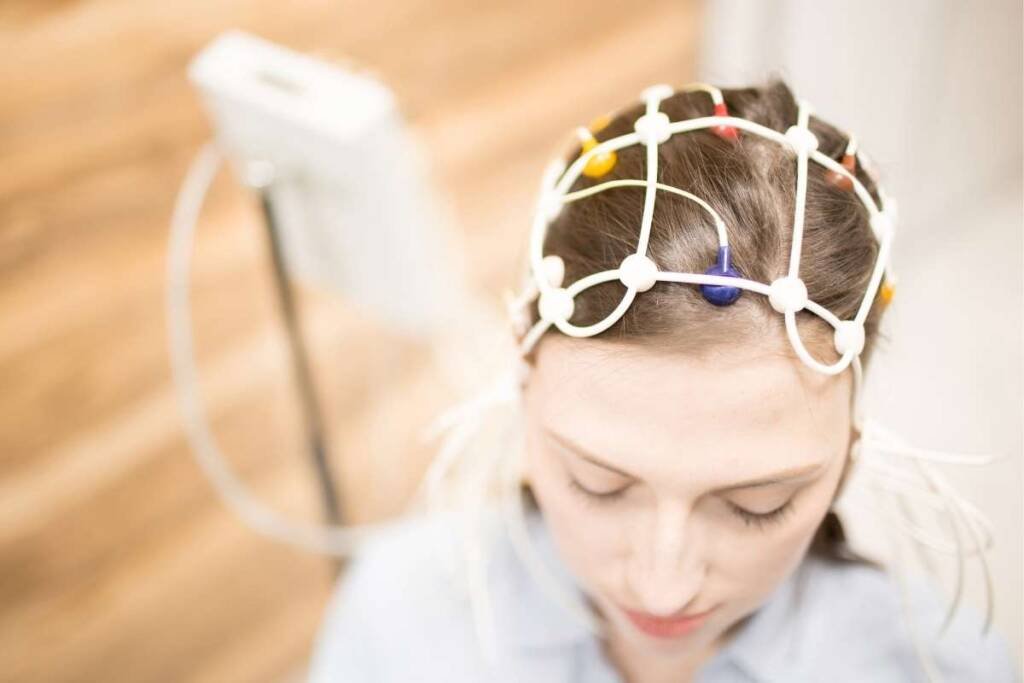Source – Cumulus Neuroscience
Digital health company Cumulus Neuroscience has joined forces with two UK universities to advance the development of its at-home electroencephalogram (EEG) headset into an early warning system for Alzheimer’s dementia.
Collaborating with researchers from the universities of Bristol and Bath, Cumulus will conduct a substantial study involving 1,000 subjects to evaluate the effectiveness of the three-minute Fastball EEG test. This test measures brain activity while individuals view a series of flashing images displayed on a tablet or smartphone screen.
The ultimate objective of this project is to refine Fastball EEG into a commercial product that can be utilized by healthcare systems worldwide to detect Alzheimer’s in its earliest stages. This is becoming increasingly crucial as disease-modifying therapies for Alzheimer‘s are now emerging in the market.
Currently, Alzheimer’s diagnosis primarily relies on subjective cognitive and memory assessments, occasionally accompanied by time-consuming and expensive PET brain scans or invasive spinal fluid analysis.
“With the potential to diagnose patients up to 5 years earlier than standard tests, Fastball EEG represents a major breakthrough in this area. We are excited to partner with the team at Cumulus Neuroscience and leverage their advance AI-powered analytics to develop and validate this test at scale.”
– Dr. George Stothart, Department of Psychology, University of Bath
Cumulus emphasizes that its device is a passive test and remains unaffected by factors such as anxiety levels, education, or language skills. The system uses ‘dry’ EEG technology, providing an alternative to lab-based equipment that uses wet electrodes requiring gel application, skin preparation, and cleanup processes, which can hinder its practical use in real-world settings.
Previous studies conducted with Bath cognitive neuroscientist Dr. George Stothart and Bristol neurologist Dr. Liz Coulthard have shown promising results, suggesting that Fastball EEG can detect subtle changes in brain waves associated with image recall, and this response may change when a person develops dementia.
Funding for the new study will be supported by a grant from the UK’s National Institute for Health and Care Research (NIHR) and is set to become the largest of its kind conducted to date in the field of Alzheimer’s research.
Additionally, the study will explore the use of blood-based biomarkers for diagnosing this type of dementia, which, when combined with the EEG data, could offer a “definitive diagnosis” for Alzheimer’s dementia, as stated by the company.
“By removing barriers to diagnosis for all patients regardless of ethnicity or education level, Fastball EEG has the potential to accelerate enrollment in clinical trials, bringing much needed treatments to patients and their loved ones faster.”
– Brian Murphy, Ph.D, CSO, Cumulus Neuroscience





























